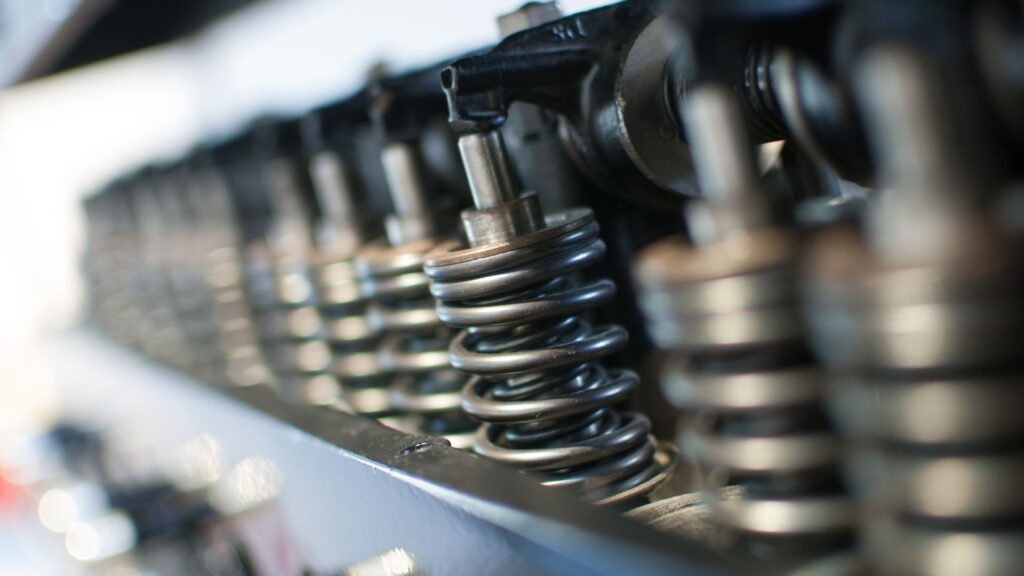Industrial compression springs are mechanical devices that store and release energy. They are widely used in various industries, such as automotive, aerospace, construction, and manufacturing. These springs are designed to withstand compressive forces and return to their original shape when the forces are removed. They are commonly used in applications that require repetitive movements or shock absorption.
Types of Industrial Compression Springs
There are various types of these springs available in the market. Some of the most common types include:
Open End Springs
Open-end springs are the most basic type of compression springs. They have an open end and a closed end, and the coils are evenly spaced throughout the length of the spring. These springs are ideal for applications where space is limited.
Closed-End Springs
Closed-end springs are similar to open-end springs but have a closed-end instead of an open one. These springs are designed to provide a more consistent rate of compression and are ideal for applications where high accuracy is required.
Conical Springs
Conical springs are shaped like cones and have a smaller diameter at one end than at the other. These springs are designed to provide a progressive rate of compression, which means that the force required to compress the spring increases as the spring is compressed further.
Hourglass Springs
Hourglass springs are similar to conical springs but have a narrower center section. These springs are designed to provide a more stable compression rate and are ideal for applications requiring precise control.
Materials Used
They are typically made from various materials, such as:
Steel
Steel is the most common material used for industrial compression springs. It has excellent strength and durability and is available in various grades, such as high carbon steel, stainless steel, and alloy steel.
Brass
Brass is a popular material for industrial compression springs due to its excellent corrosion resistance and electrical conductivity. It is commonly used in applications that require high electrical conductivity, such as electronic devices.
Titanium
Titanium is a lightweight, high-strength material ideal for applications where weight is critical. It is commonly used in the aerospace and automotive industries.

Industrial Compression Springs Applications
Are used in various applications, such as:
Industrial compression springs in the Automotive Industry
They are used in various components of automobiles, such as suspension systems, brakes, and engines. These springs provide the necessary support and cushioning required for smooth operation.
Industrial compression springs in the Aerospace Industry
They are used in aircraft components such as landing gear, doors, and engines. These springs provide the necessary support and cushioning required for safe operation.
Industrial compression springs in the Manufacturing Industry
They are used in various manufacturing applications such as stamping, molding, and assembly. These springs provide the necessary force required for these processes.
Industrial compression springs in the Construction Industry
They are used in various construction applications, such as building foundations and bridges. These springs provide the necessary support and cushioning required for safe operation.
Conclusion
In conclusion, they are an essential component in various industries. They are designed to provide the support and cushioning required for smooth and safe operation. With various types and materials available in the market, choosing the right spring for the application is important to ensure optimal performance.




